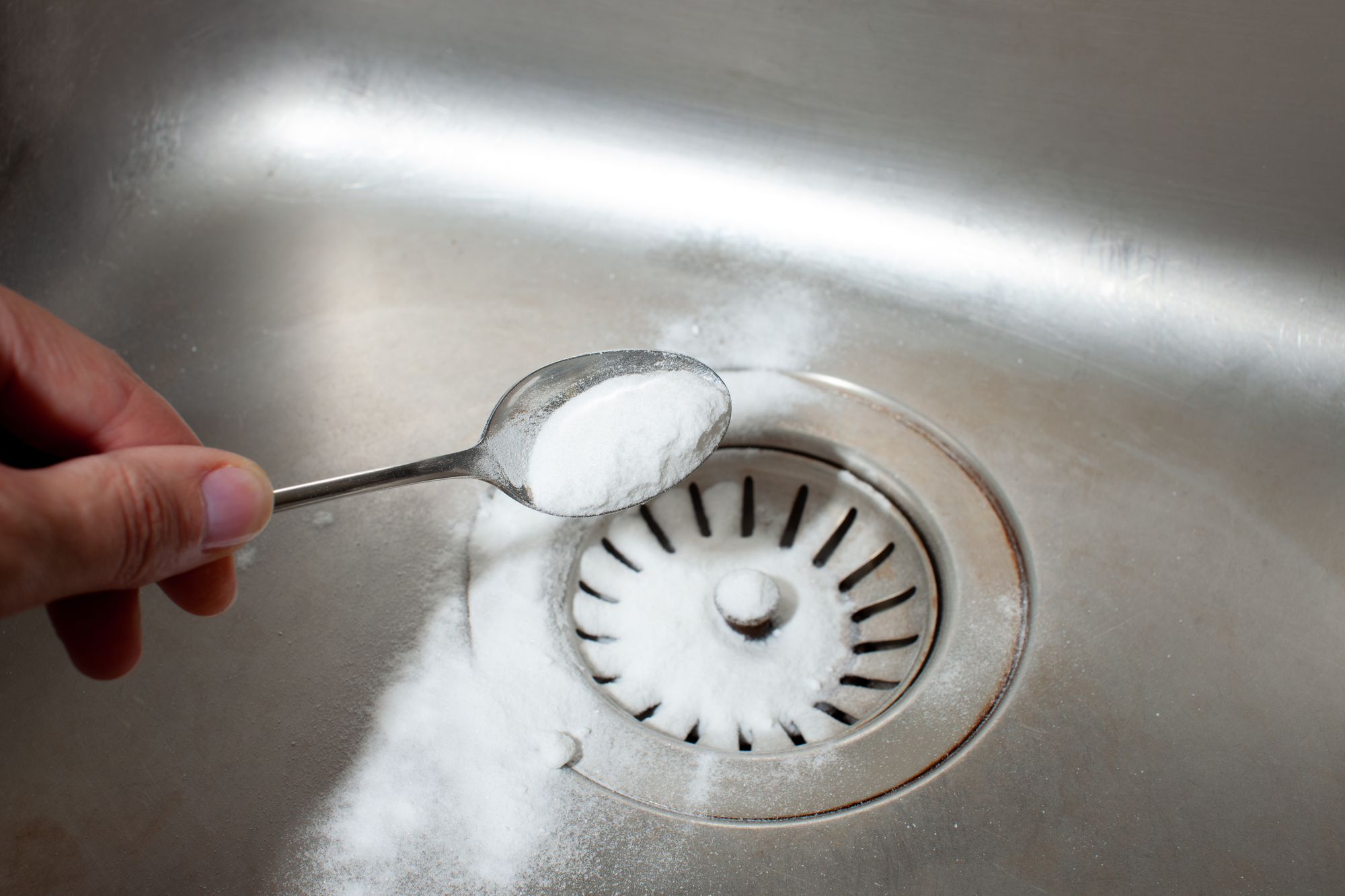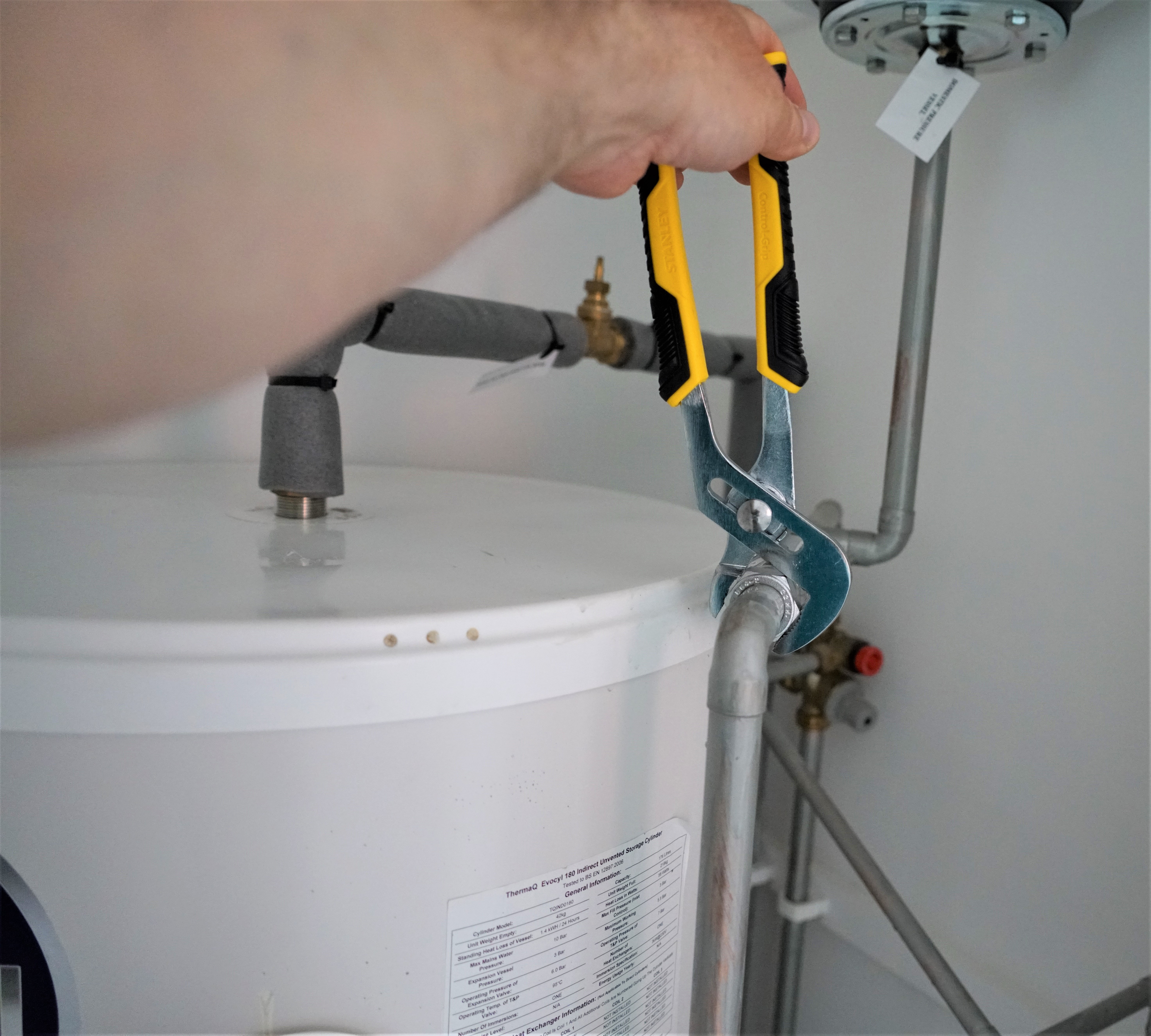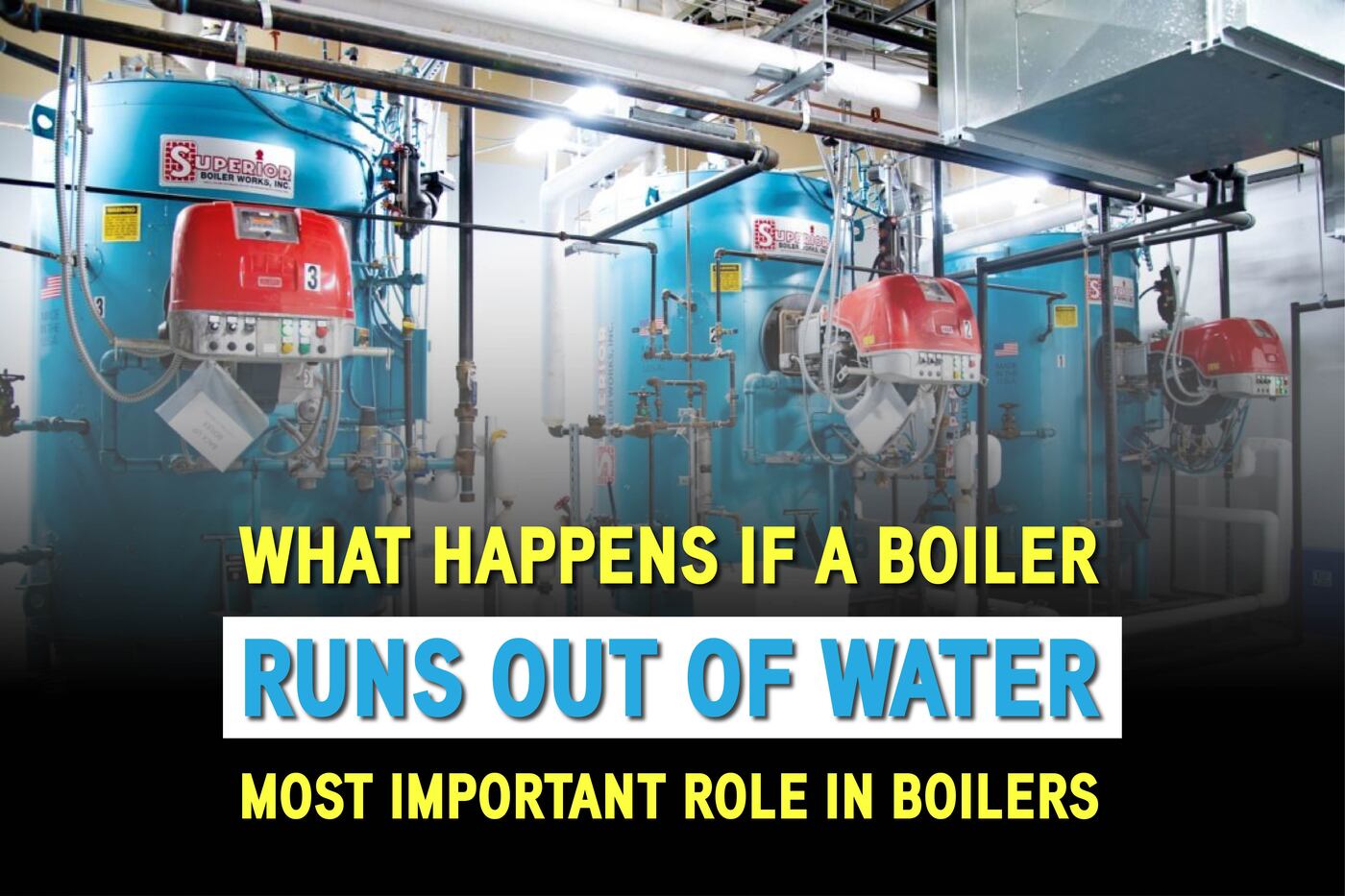Discover the potential pitfalls of a water-depleted boiler in our blog, “What Happens If a Boiler Runs Out of Water.” Delving into the intricate dynamics, we explore the critical role water plays in boiler systems. From overheating risks to structural damage, we unravel the consequences of water scarcity. Gain valuable insights into preventive measures and proactive maintenance for optimal boiler efficiency. Whether you’re a homeowner or industry professional, understanding these dynamics is crucial. Join us as we navigate the essential relationship between water levels and boiler functionality, ensuring a hassle-free and efficient heating experience. Stay informed to safeguard your boiler’s performance.
Understanding boiler operations
Boilers work like the heart of a heating system, spreading warmth throughout pipes and radiators. At the center of this process is water, which is essential for absorbing, carrying, and transferring heat effectively.
Water’s role is crucial because of its unique ability to handle heat. It acts as a conductor, moving heat energy smoothly. Water changes from liquid to steam, showing its ability to store and move energy efficiently. This change is more than just a shift in state; it’s a demonstration of water’s power to distribute energy where it’s needed most.

Pressure plays a key role too, guiding the flow of this heat. It makes sure water moves accurately and reaches every part of the system. Proper pressure prevents water from boiling too soon, ensuring that heat is used effectively.
In a boiler, water, and pressure work together perfectly, resulting in a system that not only heats our homes but also supports various industries. This showcases the cleverness of human engineering and the amazing capabilities of water.
Causes of water loss in boilers
Understanding why water loss occurs in boilers is crucial for maintaining the efficiency and safety of your heating system. Water loss can happen due to several factors, each needing careful attention to prevent potential hazards. Here are the primary causes:
Leaks
One of the most common causes of water loss in boilers is leaks. These can occur in various parts of the system, such as pipes, joints, or the boiler tank itself. Leaks may be due to corrosion, wear and tear, or damage to the system components. Sometimes, these leaks are visible, but often they can be hidden and require professional inspection to detect.

Faulty valves
Valves in a boiler system control water flow and maintain pressure. If these valves become faulty or damaged, they can either leak water or fail to retain the required amount of water within the system. This issue is particularly prevalent in older systems where components have undergone significant wear.
System breaches
A breach in the boiler system, such as a crack in the boiler tank or a rupture in the piping, can lead to significant water loss. These breaches can be due to physical damage, prolonged wear, or due to pressure issues within the system.
Pressure issues
Incorrect pressure settings can either cause water to be forcibly ejected from the system or prevent water from entering the system efficiently. High pressure can lead to leaks or damage, while low pressure can hinder water flow, impacting the boiler’s operation.
Improper maintenance
Lack of regular maintenance can lead to a variety of problems, including those that result in water loss. Over time, components can degrade, seals may weaken, and connections can loosen, leading to water leakage.
Condensation issues
In some boilers, particularly high-efficiency models, condensation is a normal part of operation. However, if the condensate drain is blocked or malfunctioning, it can lead to water being lost from the system.
Automatic water feeder failure
When an automated water feeder malfunctions in a system that has one, there may not be enough water available because the feeder does not restore the water that evaporates naturally while the boiler is operating.
Addressing these issues promptly and conducting regular inspections and maintenance are key to preventing water loss in boiler systems. It’s important to consult with a heating system professional if you suspect any of these problems with your boiler.
Risks of running a boiler without water
Running a boiler without water, often referred to as a “dry fire,” can have severe consequences. This scenario is more than just a mechanical failure; it’s a serious safety hazard. Here are the primary risks associated with running a boiler without water:
Overheating and equipment damage
A boiler running without water quickly overheats. This extreme temperature can warp and damage critical components, leading to costly repairs or the need for a complete replacement.
Safety hazards
Overheating in a waterless boiler presents significant safety risks. It can cause the boiler to malfunction or, in extreme cases, lead to dangerous explosions, posing a threat to property and personal safety.
Inefficiency and increased costs
Running a boiler without water drastically reduces its efficiency. This inefficiency not only leads to poor heating performance but also results in higher energy consumption and increased utility bills.
Lifespan reduction
Continuous operation under low water conditions can shorten a boiler’s lifespan. The stress from overheating accelerates wear and tear, necessitating more frequent repairs and earlier replacement than normally expected.
What happens if a boiler runs out of water?
Running out of water can have serious consequences for a boiler. Without enough water, the boiler’s heating elements can overheat and become damaged. This overheating can lead to a range of issues, from decreased efficiency to complete system failure.
In the absence of water, there’s also a risk of the boiler metal warping or cracking due to the intense heat. This physical damage not only necessitates costly repairs but can also pose significant safety risks, including the potential for explosions.
In addition, when a boiler runs empty, safety systems often activate, shutting down the system to avoid additional damage. However, if these safety elements fail or are missing, the chance of fire, explosion, and other hazardous circumstances skyrockets.
Preventive measures and solutions
Now, let’s talk about how to keep your boiler happy and humming smoothly. We’re diving into the world of preventive measures and solutions – the superhero moves for your boiler’s well-being.
Regular check-ups
Think of it as a health check for your boiler. Keep an eye out for leaks, corrosion, and any signs of wear and tear. Early detection of these little hiccups can save you from major headaches down the road.
Know your boiler inside out
Understanding how your boiler operates is like having a secret handshake with your heating system. Get familiar with pressure and water level indicators. Spotting any quirks early on is the key to nipping issues in the bud.
Install early warning systems
Equip your boiler with automatic water level monitors and pressure gauges that come with alarms. They’re like your boiler’s personal bodyguards, giving you a heads-up before anything major goes down.
Water treatment tlc
Give your boiler some love with a water treatment plan. It’s the secret sauce to prevent internal corrosion and scaling. A well-treated boiler is a leak-free, efficient superstar.
Stay updated
Don’t let your boiler fall behind the times. Regularly update and upgrade its components. Embrace technological advancements to enhance safety and efficiency. A modern boiler is a happy boiler.
So, there you have it – your boiler’s guide to a long and happy life. Be proactive, show it some love, and you’ll enjoy a worry-free and reliable heating experience. Cheers to cozy and stress-free days!
FAQS
Q:What could happen if the boiler runs dry?
A: If a boiler runs dry, it risks severe damage. The heating elements can overheat, potentially warping or cracking the boiler metal. This can lead to decreased efficiency, system failure, and even dangerous situations like fires or explosions.
Q: What can damage a boiler?
A: Boiler damage can occur from various issues like water leaks, corrosion, improper pressure, scale buildup, and sediment accumulation. Neglecting regular maintenance, using untreated water, and operating the boiler outside recommended parameters also contribute to damage.
Q: Can a boiler burst?
A: Excessive pressure buildup, failure of the pressure relief system, corrosion, poor installation, or failure of crucial components can cause a boiler to burst, creating a major safety threat that necessitates frequent maintenance and safety checks.
Conclusion
Our discussion on “What Happens If a Boiler Runs Out of Water,” it’s clear that staying informed about the potential consequences is crucial for anyone relying on a boiler system. From the risks of overheating to the possibility of structural damage, understanding the significant role water plays is essential. Remember, ensuring a smooth and efficient heating experience isn’t just about fixing issues but also taking preventive measures. So, whether you’re a homeowner or an industry professional, being proactive in maintenance will go a long way in keeping your boiler in top-notch condition. Here’s to a worry-free and reliable heating system!






